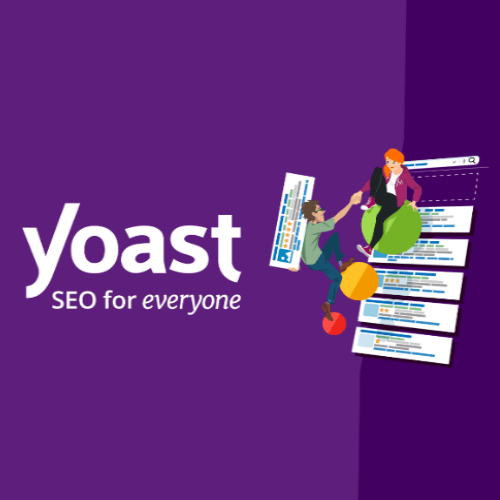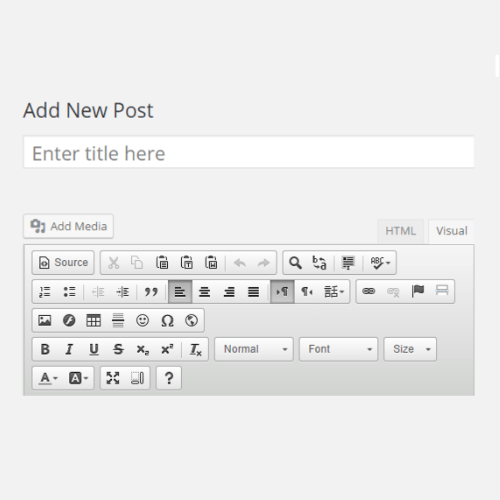WordPress is an open-source content management system (CMS) that powers over 40% of all websites on the internet. Launched in 2003, it started as a blogging platform and has evolved into a powerful tool for creating any type of website, from blogs and portfolios to e-commerce stores and corporate sites.
2
User-Friendly Interface
WordPress is known for its intuitive dashboard, making it easy for users of all skill levels to create and manage content.
3
Extensive Themes and Plugins
With thousands of free and premium themes, users can customize the look of their sites. Plugins extend functionality, allowing users to add features like SEO tools, contact forms, and more.
WordPress is designed with SEO in mind. Users can optimize their content with various plugins, such as Yoast SEO, and leverage clean URLs, metadata, and more.
The built-in media library makes it easy to upload, organize, and manage images, videos, and documents.
Many WordPress themes are mobile-responsive, ensuring that websites look great on all devices.
7
Multilingual Capabilities
With plugins like WPML, users can create multilingual websites, catering to global audiences.
8
Robust Community Support
A large community of developers and users offers extensive resources, forums, and documentation, making it easier to find help and tutorials.
Being open-source, WordPress is free to use. While premium themes and plugins may incur costs, the overall investment is often lower than with proprietary systems.
10
Flexibility and Scalability
WordPress can grow with your needs, allowing you to start small and expand your site as required.
11
E-Commerce Capabilities
With plugins like WooCommerce, WordPress can easily be transformed into a fully functional online store.
12
Easy Content Management
Users can create, edit, and publish content quickly, with the ability to schedule posts and manage multiple authors.








